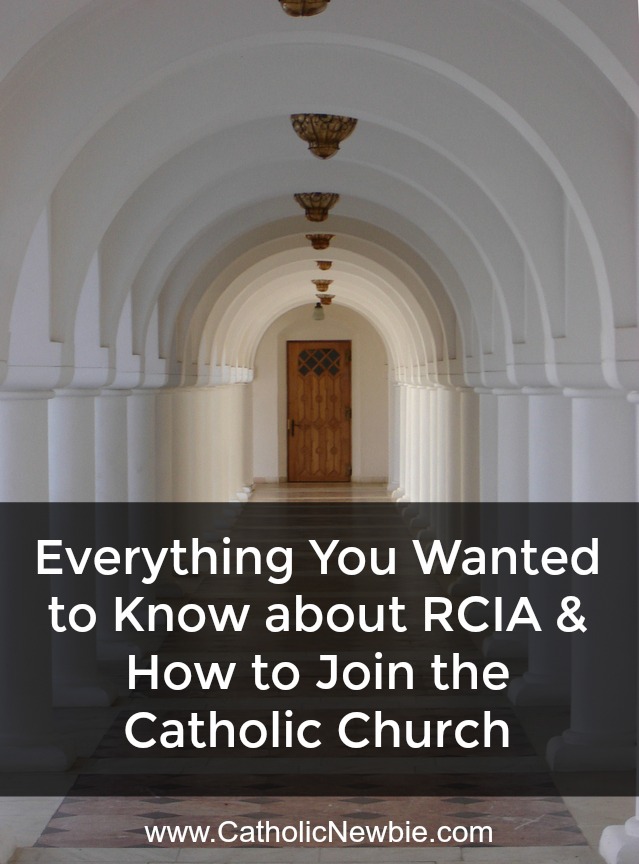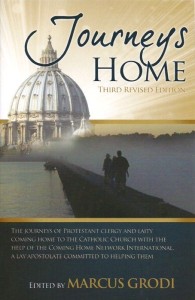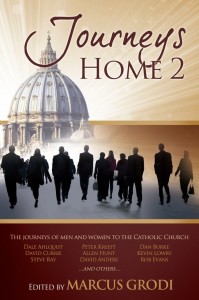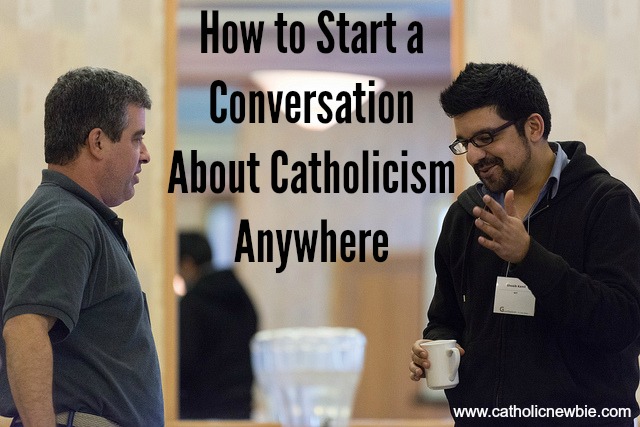Everything You Wanted to Know about RCIA & How to Join the Catholic Church

If you’re curious about the Catholic church, want to learn more about it or are even ready to convert, what can you do? Join your local Catholic church’s RCIA program.
What in the heck is RCIA, you ask?!
What is RCIA?
RCIA stands for Rite of Christian Initiation of Adults, and it is the formal program that allows individuals to become members of the Catholic church. RCIA programs tend to start in the fall, so this is a great time to begin considering joining the program before they start up again in the fall.
Joining RCIA, however, does NOT mean you HAVE to join the church. You’re always welcome to just come and learn, and if you decide it’s not for you — or maybe you just aren’t ready yet because you have more questions — you can opt out or continue on again next year.
RCIA programs generally go from September through Easter, when individuals are officially brought in as members of the Church at the Easter Vigil Mass, which is the mass held the evening before Easter.
It is a beautiful mass and ceremony where you are baptized (only if you have not been baptized by a Christian church in the name of the Father, Son and Holy Spirit), confirmed and receive the Eucharist (which Catholics maintain is the actual Body and Blood of Jesus Christ) in First Communion.
As a convert who went through RCIA for TWO years before converting in 2013 and now part of the team who helps lead RCIA for interested new members, I’ve spent many years surrounded in the joy of welcoming “newbies” into the Church. In fact, I feel it’s my calling!
How Do I Sign Up for RCIA?
First, visit a few local Catholic churches and find one that feels “right” to you. Then visit their website and look for Faith Formation, Adult Formation or RCIA.
If you can’t find it, simply call the main office at the church and tell them you are interested in RCIA or in learning more about the church as a non-Catholic and as an adult, and they will direct you to the correct person for more information.
RCIA programs usually meet once a week, some on weeknights, others on weekends. So you will want to consider a program that works for your schedule as well, as you’ll want to be there as often as possible.
What Is RCIA Like?
While each church is different, throughout the process you’ll learn about key tenets of the Catholic faith and its history, and have an opportunity to ask questions, inquire about your doubts and concerns and discuss different aspects of the faith, including how to live the faith in your daily life.
There are also various welcoming ceremonies held during mass to provide “grace” (help from God) and prayer as you go through this process so that God might guide you as grow in your learning and practice of the faith.
These ceremonies are no big deal — simply standing up at mass with the priest saying a prayer over you along with others in your group. The Catholic church wants to welcome you and educate you, never pressure you, and that is what the process is about.
If you find an RCIA group that does not feel like a fit, don’t be afraid to opt out and look for a different parish. Pray that God will guide you to where you need to be.
Why Do People Come to RCIA?
As I mentioned, I’ve been involved with RCIA at my parish both going through it and assisting for several years. We hear all kinds of stories of why people have joined RCIA.
Here are a few: someone who was inspired by Pope Francis, others who are marrying Catholics and wanting to raise kids in the same faith, spouses who are converting after as many as 20 years, those feeling a direct calling from God, and those who are simply just interested in exploring Catholicism more in depth and learning the truth about the faith.
We’ve had people who are already Catholic who don’t feel like they know as much as they’d like about their faith and others who simply just come to welcome newcomers to the church. They are single, married, in high school, grandparents, pregnant, going through an annulment, former atheists, Baptists and Methodists. You name it, they’ve been there!
So never feel like you’re alone or have too unusual a story to join the group.
What questions do you have about RCIA? What’s stopping you from signing up? How can I help?








